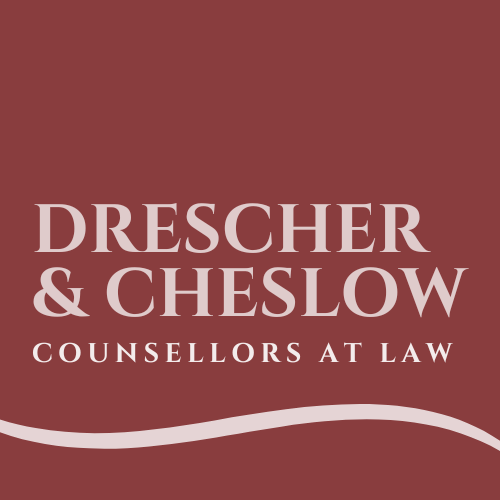America has three major housing issues for seniors: affordability, physical accessibility, and access to medical care and other services. There is a need for creative solutions to housing.

Information About Veterans Benefits for Vets and Their Families
- Many people find the term “Veterans Benefits” is somewhat misleading. Only a percentage of the people covered by VA benefits served formerly in the Armed Forces. The Department of Veterans Affairs provides vocational rehabilitation, health care, employment services, pensions and more to both active and former service members, as well as their spouses, widows, parents and children.
- When you make up your mind to apply for benefits from the Department of Veterans Affairs it is beneficial to have all of your important documents and forms ready, because they will most certainly be needed. Relatives of Veterans who wish to apply for benefits should have any relevant marriage certificates, birth certificates, and the Veteran’s birth and death certificates if necessary. You will also need the Veteran’s discharge papers.
- Find out if you are eligible for enrollment to receive health care from the Department of Veterans Affairs. This is easily done at the VA website vets.gov, or via telephone at 1-877-222-VETS (8387) where you will be asked no more than 15 questions and be told whether or not you are eligible to receive benefits. You may also mail an application to the Health Eligibility Center, or apply in person at a physical Veterans Affairs location. Veterans and their families should be aware that they may be eligible for care at a non-VA health care provider if certain conditions/hardships are met, such as if they live more than 40 miles from the nearest VA medical facility. The VA will help you determine which “priority group” you best fit in, ranging from 1-8 depending on various conditions, to best give you quality care, as determined by their standards.
- Although it may first seem unlikely, the Department of Veterans Affairs offers services to Veterans and their spouses that go far beyond simple health care. The VA can help you secure a house for your family via specialized home loans or purchase a car. Naturally these programs take into account the various levels of physical disabilities with which the recipient may struggle. For example, the VA can help you modify your home to be wheelchair accessible, should you require.
- The words “GI Bill” probably bring to mind images of baby boomers’ parents and the post-World War II program designed to help returning Veterans receive a college education, but did you know that the GI Bill still exists? The Forever GI Bill, the Harry W. Colmery Veterans Educational Assistance Act, is a comprehensive program that offers post-9/11 Veterans a wide variety of tools to help them get their degree, including a monthly housing allowance and priority enrollment in classes wherein Veterans are allowed to register before the general public.
- Although we probably do not like to think about it, there are thousands of servicemen and women who do not return home from the field of battle. For these heroes, the Department of Veterans Affairs offers funeral services and/or burial in a national military cemetery, whereupon the gravesite will be maintained in perpetuity.
We hope you found this article helpful. If you have questions or would like to discuss a personal legal matter, don’t hesitate to reach out. Please contact our Office at 732-972-1600



